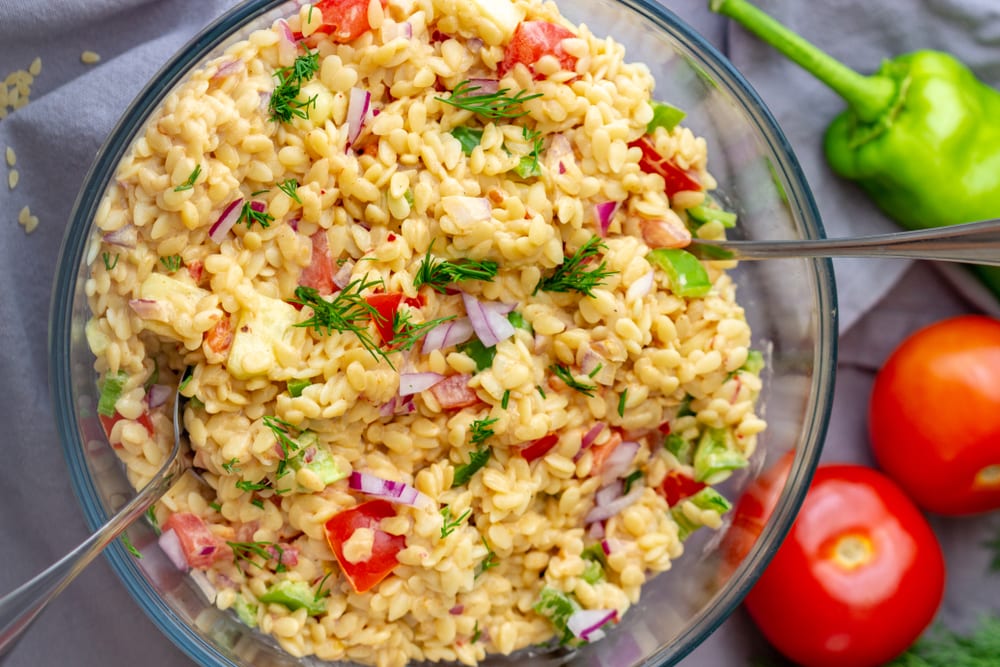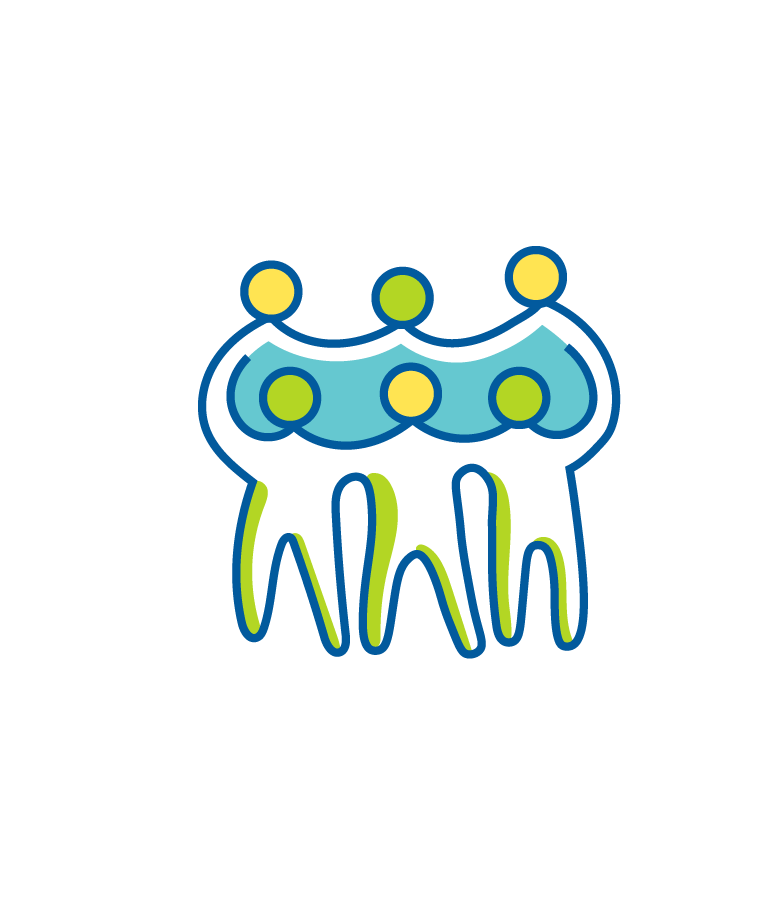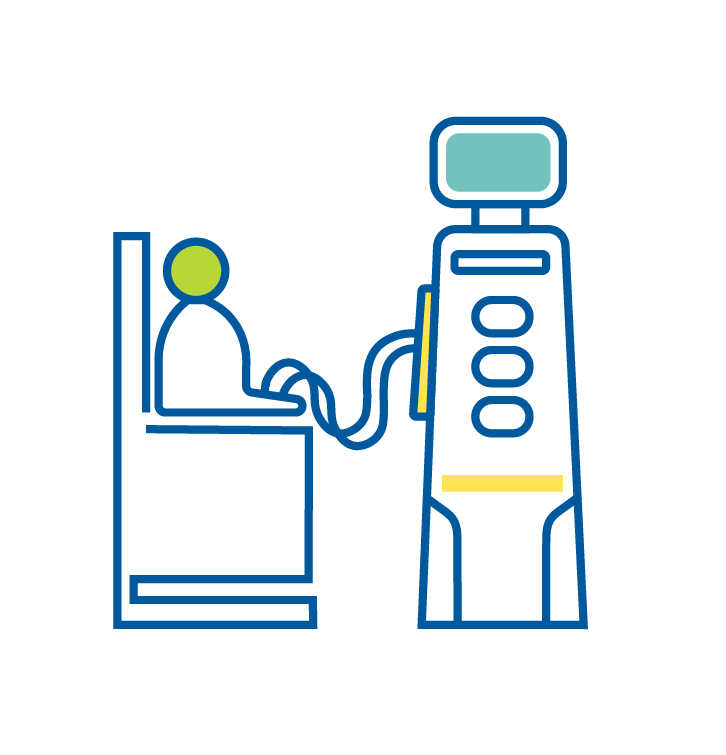Fluids

What is fluid?
Knowing what counts as a fluid is more difficult than it may sound. A fluid is anything that turns to liquid at room temperature, not just water.
Some fruits that have a high water content, such as watermelon and grapes, do not count toward your daily fluid amount, but you should limit your daily servings of these fruits if you have fluid restrictions.
Fluid and kidney disease
One of the most difficult aspects of being on dialysis is the fluid restriction. Being on dialysis often means you do not urinate (pee) as much as you need to, used to, or you might not urinate at all. Besides cleaning our blood of waste, our kidneys also remove the extra fluid and water we consume each day.
Our entire body’s blood supply is filtered approximately 20-25 times per day or approximately 180 – 200 liters of blood daily. During filtration, you create 1 to 2 liters of urine every day or even more depending on how much you consume in an average day. Your urine is made up of the water and waste filtered by your kidneys. However, when your kidneys are not working as well as you need them to, your kidneys may not be able to remove the extra water and waste. This can happen even before you need to start dialysis.
Fluid and stages of kidney disease
Depending on your stage of chronic kidney disease, you may have different fluid recommendations.
Kidney disease stages 1-2
When you have kidney disease stages 1 and 2, it is important to drink enough water—around 64 ounces, or eight glasses every day. This will help keep your kidneys hydrated and working well.
Kidney disease stages 3, 4 and 5 (not on dialysis)
Once you reach the later stages of kidney disease—stages 3, 4 and 5 (not on dialysis)—you may need to limit the amount of fluid you consume. Ask your doctor and dietitian how much fluid you should consume.
During these stages of kidney disease, you may experience fluid retention (too much fluid buildup in your body).
It is important to recognize the signs you may be holding on to extra fluid. Tell your doctor right away if you notice these signs of fluid retention:
- Swelling in your feet and ankles
- Difficulty breathing or shortness of breath when walking short distances, such as one to three blocks
- Difficulty breathing or shortness of breath when walking up one flight of stairs
- Difficulty breathing or shortness of breath when lying flat on your back. You may need one or more extra pillows to help you breathe.
Kidney failure (on dialysis)
When you are on dialysis, you will need to limit how much fluid you consume each day. Your nephrologist and renal dietitian will tell you the amount of fluid you should consume, but the general recommended amount of fluid is 32 ounces per day. If you still urinate, you can have a little more fluid—32 ounces plus the volume equal to the amount you urinate in 24 hours.
Example: If you urinate 1 cup (8 ounces) in a day, you can have 40 ounces of fluid daily (32 ounces + 8 ounces).
Your daily urine output may decrease over time. Your doctor and dietitian may ask you to measure your urine output for one day every three months. Some people collect their urine in a 20-ounce disposable cup. Before you get started, mark your cup or other container in half-cup increments to make measuring easier. After you have collected the urine over 24 hours, write down how much is in the cup or container and share that information with your doctor and dietitian.
Having extra fluid in your body can be dangerous because it results in an increase in blood volume. When your kidneys cannot handle this extra volume of blood, you may experience complications, such as:
- Swelling (edema)
- Poor nutritional status
- High blood pressure
- Lung infections (i.e., fluid)
- Heart failure
- Difficulty breathing or shortness of breath
- Decreased blood proteins, which could impact how effective your dialysis treatments are
Examples of fluids
Knowing what counts as a fluid is more difficult than it may sound. A fluid is anything that turns to liquid at room temperature, not just water.

Ice

Soups and stews

Pudding

Ice cream, sherbet, sorbet, popsicles, etc.

Protein drinks (Nepro, Novasource, Ensure, etc.)

All beverages (water, soda, tea, coffee, milk, nondairy milk, etc.)

Jell-O® other gelatin products and gelatin substitutes (pectin, arrowroot powder, etc.)
Your support goes further with AKF
Your donation allows AKF to support people wherever they are in their fight against kidney disease – from prevention through transplant. For more than 50 years, we have fought on all fronts for millions of people impacted by kidney disease.
Donate today to support our work





